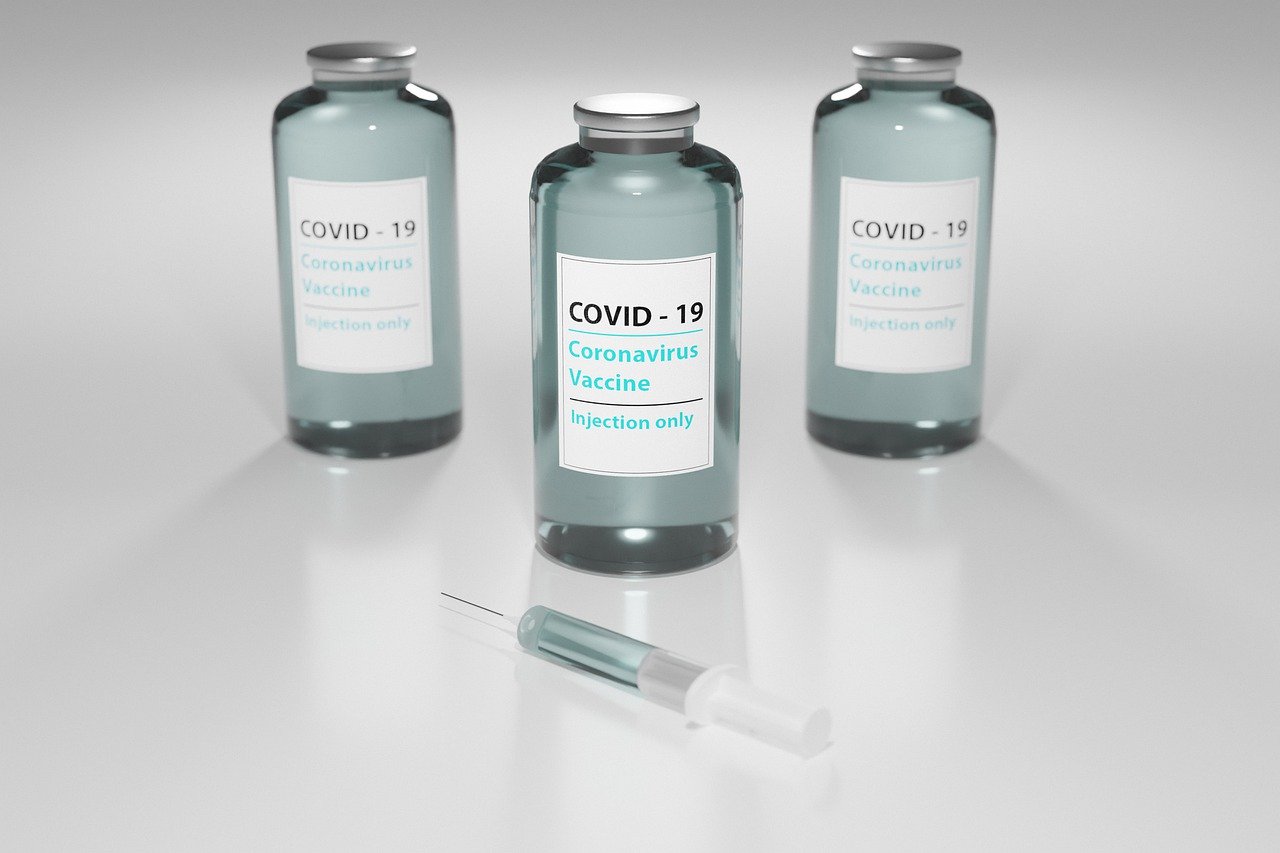Although all of the Covid-19 vaccines are highly efficient and safe for both men and women, there is some evidence suggesting that Moderna and Pfizer vaccines work better in male receivers compared to females. Both these vaccines use nanoparticles to introduce their constituents to the human body, triggering the natural immune system.
The years-long research on nanoparticles has made one thing clear that they can affect men’s and women’s bodies differently, which may be true for Covid-19 vaccines as well. This gender difference is also prominent with the brand-new Johnson & Johnson vaccine as its blood clotting effect has mostly shown up in female receivers and less prominent in males. But instead of nanoparticles, this Johnson & Johnson vaccine contains weakened and enhanced adenovirus, that triggers the immune system making it ready to fight coronavirus. Does this mean nanomedicine solutions such as Covid-19 vaccines work differently in men and women? Maybe, but it is still a lot to clear out to reach the final stage.
Also read- New Technology Used In Tampons and Napkins to Diagnose Vulvovaginal Infections
According to researchers, understanding this potential link is not possible without administering the sex differences, confirming them, and conveying them to public peers as well as scientific communities to discuss. If this turns out to be true, this gender difference can help to formulate new strategies, more importantly, better strategies for people.
For a start, the researchers can work on understanding the real reason behind why men and women have a different response to the nanoparticles as used in Covid-19 vaccines. This information can altogether cause systemic changes in using nanoparticles in medicine and treatments.
The complete findings of this new study proposing different effects of Covid-19 vaccines on men and women are published in the journal Nature Communications.
In this current study, the research team tried to highlight the four biggest challenges in learning the sex-based performance of nanoparticles, to devise new strategies for their use. for now, the researchers may not have adequate sources to outline their hypothesis and not confirm it using the real-time samples. Yet this information can help to interpret the results for the future. The research team also emphasizes clearing the gender-specific limitations and findings of different studies especially related to a serious event like the ongoing pandemic.
All researchers should play a more responsible role especially related to what goes out from these studies. There is no such concept of studying nanoparticles with respect to sex, but it is high time to consider it.
Also read- Can You Eat Expired Eggs? What Are the Risks Involved?
Before this pandemic hit the world, most of the research done on nanoparticles focused on cancer treatments. However, nanomedicine’s effects are not limited to cancer alone. Still, most of these studies are left before reaching the clinical trials, and the only time when women are considered a focus group for these trials are the times when it is a women-centered trial i.e. breast cancer, or ovarian cancer treatment.
The differences in the efficiency and performance of vaccines based on the sex of the receiver can urge researchers and doctors to do something better out of it. But it is not possible without extensive research and real-time data to understand the effects and differences. The data is readily available as the Covid-19 patients continue to gro e every day. Although the clinical trials of vaccines have completed further launch, close monitoring of this data may help to understand the difference in effects. Now that millions of people are convinced to receive this vaccination, having this information can most likely increase their number urging them to get complete protection against the virus before it hits them.


